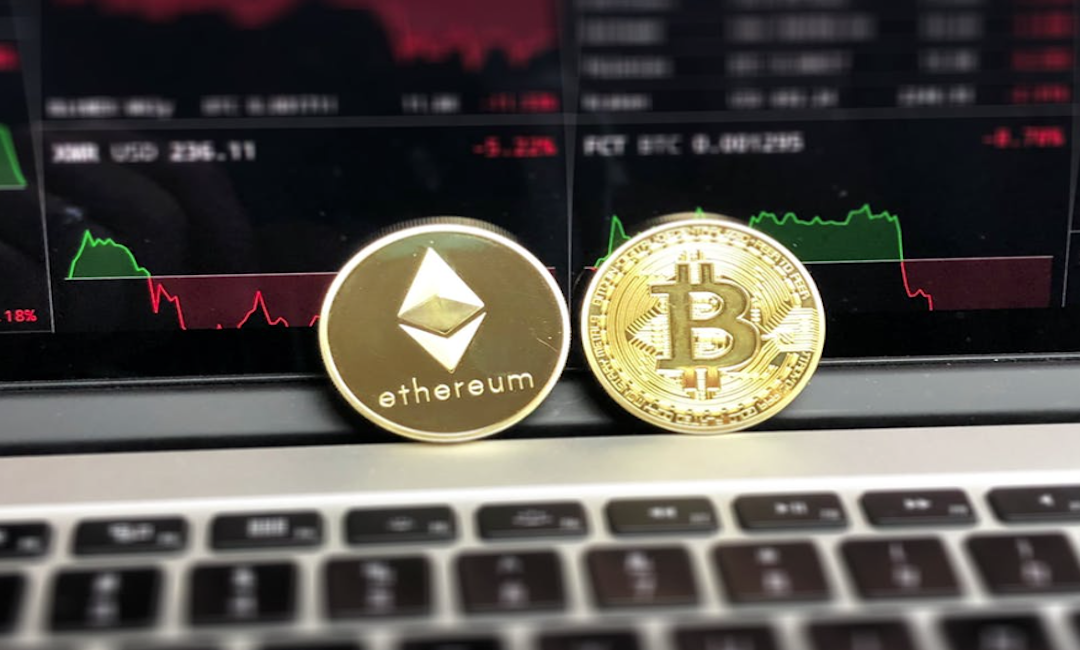A group of 20 finance and central bank chiefs meeting here gave a nod to the international debate on cryptocurrency regulation but stopped short of backing an outright ban, an option weighed by G-20 chair India.
While wary of excessive regulation, the advanced economies in the G-20 showed some accommodation for India’s stance.
The outcome document issued Saturday by India said the ministers look forward to a “coordinated and comprehensive policy approach to crypto assets” that considers “macroeconomic and regulatory perspectives, including the full range of risks posed by crypto assets.”
The two-day meeting that ended Saturday came in the aftermath of the collapse of crypto exchange FTX, whose lurch into bankruptcy in November shook global markets for crypto assets like bitcoin.
Indian Prime Minister Narendra Modi’s government is known for its hard-line stance on cryptocurrencies. The government remains intent on regulating the sector even after India’s top court in 2020 struck down the Reserve Bank of India’s ban on banks providing services to crypto exchanges and traders.
The RBI has warned that cryptocurrencies pose a risk to the stability of the financial system. New Delhi’s stance on regulation has found some support with the G-20.
Finance Minister Nirmala Sitharaman said Saturday that Canada’s central bank governor “cautioned that crypto assets should not be given the regulatory seal of approval… without a well thought out approach and framework for implementation.”
French Minister of Economy and Finance Bruno Le Maire told reporters Friday that “France has been advocating for a regulation of cryptocurrencies for many years, explaining that there is a need to protect consumers and to protect financial stability.”
India seeks an international consensus on stronger cryptocurrency oversight. A source in central banking speculated that New Delhi is trying to use the international debate to bolster its case for tougher regulations at home.
The push for crypto regulation reflects broader concerns about monetary sovereignty. The Indian rupee’s share of foreign exchange turnover among the top 39 currencies was less than 1% in 2022, according to a Bank for International Settlements study.
The RBI began a pilot program last year for a digital rupee, a proposed central bank digital currency. Whether a highly regulated digital rupee would draw users away from cryptocurrencies remains to be seen.
RBI Gov. Shaktikanta Das said at a news conference Saturday that “there is now a wide recognition and acceptance of the fact that [crypto assets or products] involve several major risks to financial stability, to monetary systems, to cybersecurity issues … and they need to be looked at.”
“Going forward, the effort is to develop an international framework… to deal with this problem,” he said, adding that both the International Monetary Fund and Financial Stability Board are working on it.
India may be positioning itself as a voice for the Global South on crypto regulation. But advanced economies favor rule-making based on the FSB’s principle of “same activity, same risk, same regulation.”
There is concern that a ban or other blanket rule would threaten the innovation that drives economic vitality.
The U.S. hasn’t “suggested outright banning of crypto activities, but it is critical to put in place a strong regulatory framework,” U.S. Treasury Secretary Yellen told Reuters on the sidelines of the G-20 meeting. “We’re working with other governments.”
An IMF-FSB “synthesis paper” on the crypto issue will be published this year and form the basis for future discussions to develop an international architecture, Das said.
This article first appeared on Nikkei Asia. It has been republished here as part of 36Kr’s ongoing partnership with Nikkei.

